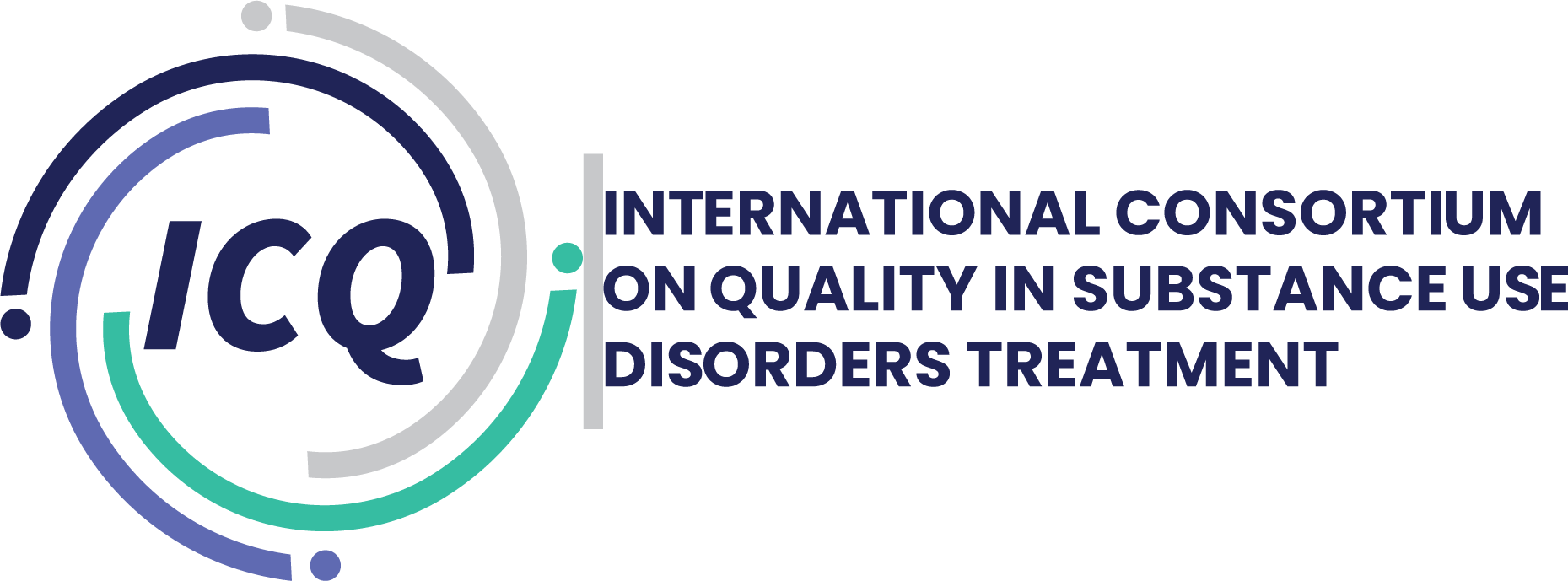Community-based treatment, care, and supervision for people with substance use problems who are involved with the justice system.
Reduce Drug Related Crime
Substance Involvement and Probation Outcomes: Evidence From a Cohort Study
Abstract Substance use disorders are common among justice-involved populations, the majority of whom are under community supervision in the form of probation. Substance involvement can amplify the challenges of complying with requirements...
A randomized study of the use of screening, brief intervention, and referral to treatment (SBIRT) for drug and alcohol use with jail inmates
Abstract Background Screening, brief intervention, and referral to treatment (SBIRT) is an evidence-based practice that has been shown to reduce alcohol and drug use in healthcare, educational, and other settings, but research on the...
Electronic-Screening, Brief Intervention and Referral to Treatment (e-SBIRT) for Addictive Disorders: Systematic Review and Meta-Analysis
Abstract Background: Addictive disorders are significant global public health burdens. Treatment uptake with these disorders is low and outcomes can be mixed. Electronic screening, brief intervention, and referral to treatment (e-SBIRT)...
Effect of screening, brief intervention and referral to treatment for unhealthy alcohol and other drug use in mental health treatment settings: a randomized controlled trial
Abstract Aims To test the efficacy of a brief intervention to reduce alcohol or drug use and to promote use of addiction services among patients seeking mental health treatment. Design and setting A multi-centre, longitudinal, two-group...
Effectiveness of Extended Screening and Brief Intervention (X-SBI) on Substance Misuse and Related Outcomes in Correctional Settings
Abstract Background: Screening and brief intervention (SBI), effective in community health care, show inconsistent results in correctional settings (CS). We hypothesized that SBI needs adaptation for the incarcerated population. The study...
Screening and brief interventions for substance use in emergency departments in the Western Cape province of South Africa: views of health care professionals
Abstract As part of the formative phase of screening and brief interventions (SBIs) for substance use amongst patients presenting for emergency services in South Africa, the present study explored health care providers’ attitudes and...
Patient outcomes and experience of a task-shared screening and brief intervention service for problem substance use in South African emergency centres: a mixed methods study.
ABSTRACT Background Screening, brief intervention and referral to treatment (SBIRT) programmes have resulted in generally positive outcomes in healthcare settings, particularly for problem alcohol use, yet implementation is hampered by...
Implementation of a screening, brief intervention and referral to treatment programme for risky substance use in South African emergency centres: A mixed methods evaluation study
Abstract Background Screening, brief intervention, and referral to treatment (SBIRT) for risky substance use is infrequently included in routine healthcare in low-resourced settings. A SBIRT programme, adopted by the Western Cape provincial...
Substance use disorder screening and brief intervention in routine clinical practice in specialist adult mental health services: A systematic review
Abstract Background and Objectives: Substance use disorders co-occurring with other mental health disorders are common and harmful. Clinical guidelines often recommend substance use screening and brief intervention though evidence about...
Screening, brief intervention, and referral to treatment (SBIRT) for cannabis: A scoping review
Highlights • Scoping review found inconsistent support for SBIRT for cannabis. • Use of cannabis-specific screening could increase engagement. • Modifications to brief interventions yielded inconsistent outcomes. • Limited research has...
